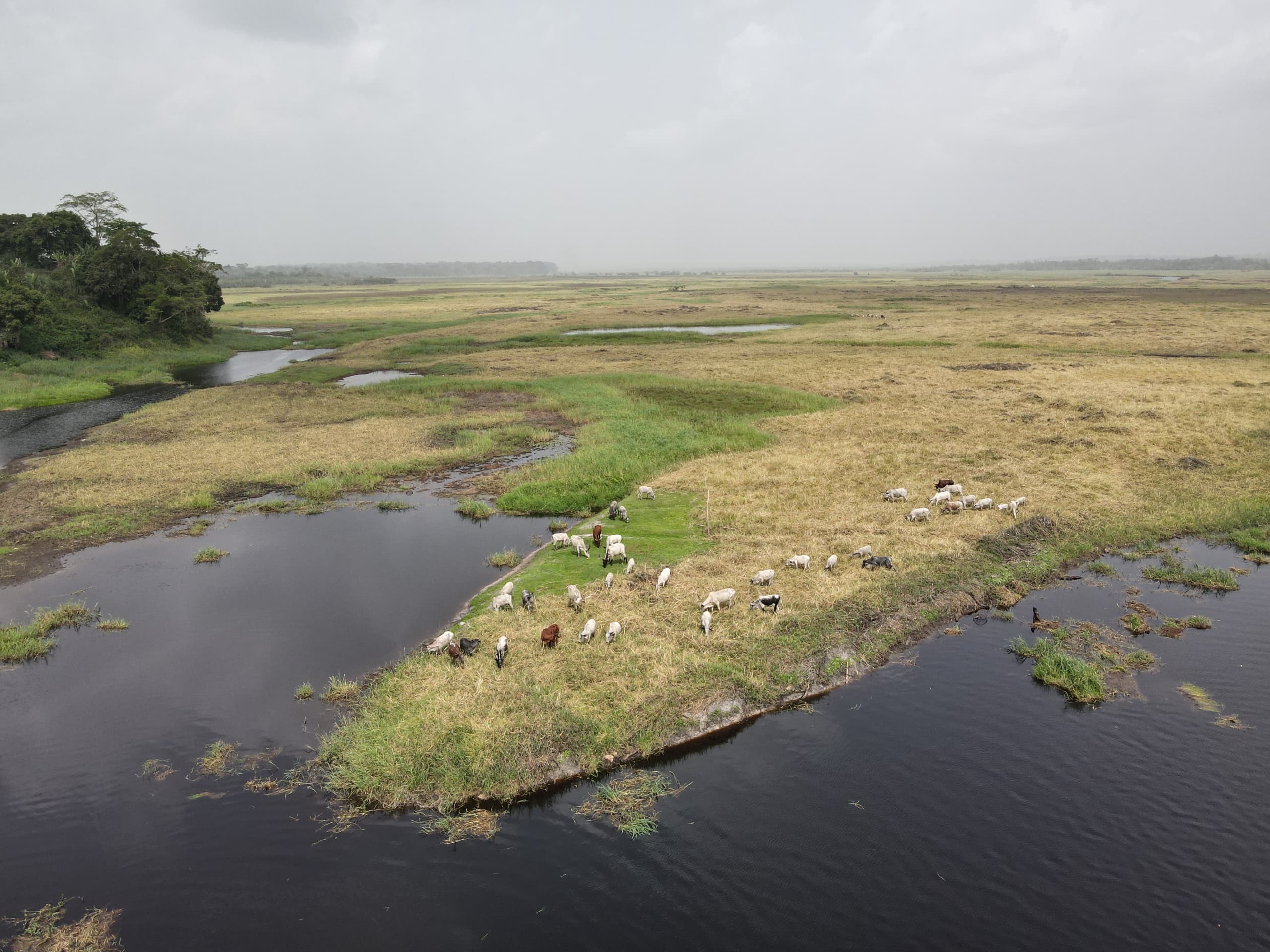
Conserving biodiversity and sustainably managing essential resources in the Nyong River region.
The Nyong River, meandering through the South Region of Cameroon, represents a vital ecosystem for both local fauna and flora. This waterway serves not only as a fundamental source of livelihood for the surrounding communities but also harbors a rich biodiversity, including several endemic and endangered species. However, it faces mounting threats such as the proliferation of invasive plant species, climate change, and poaching of vulnerable species like the African manatee. These challenges, exacerbated by climate variations, necessitate immediate action to mitigate impacts and preserve the ecological wealth of the river. Strengthening biodiversity conservation within the Nyong River ecosystem has thus become an imperative priority. To achieve this, AQUAMEN will implement integrated and participatory strategies. A key component of these strategies will be raising awareness among local communities regarding the significance of biodiversity and the benefits of sustainable resource management. Environmental education programs will be developed to actively engage residents in the protection of ecosystems, while providing them with sustainable alternatives to traditional practices such as fishing. Additionally, promoting ecotourism could serve as a significant source of income for these communities while fostering the conservation of natural habitats. The establishment of RAMSAR sites along the Nyong River is also a crucial measure for protecting biodiversity. These areas can act as refuges for endangered species and natural laboratories for scientific research. Management of these sites will be conducted in collaboration with local stakeholders to ensure that the needs and cultural values of the populations are respected. Concurrently, monitoring the quality of water and aquatic ecosystems will be enhanced through partnerships involving researchers and scientists alongside local authorities.